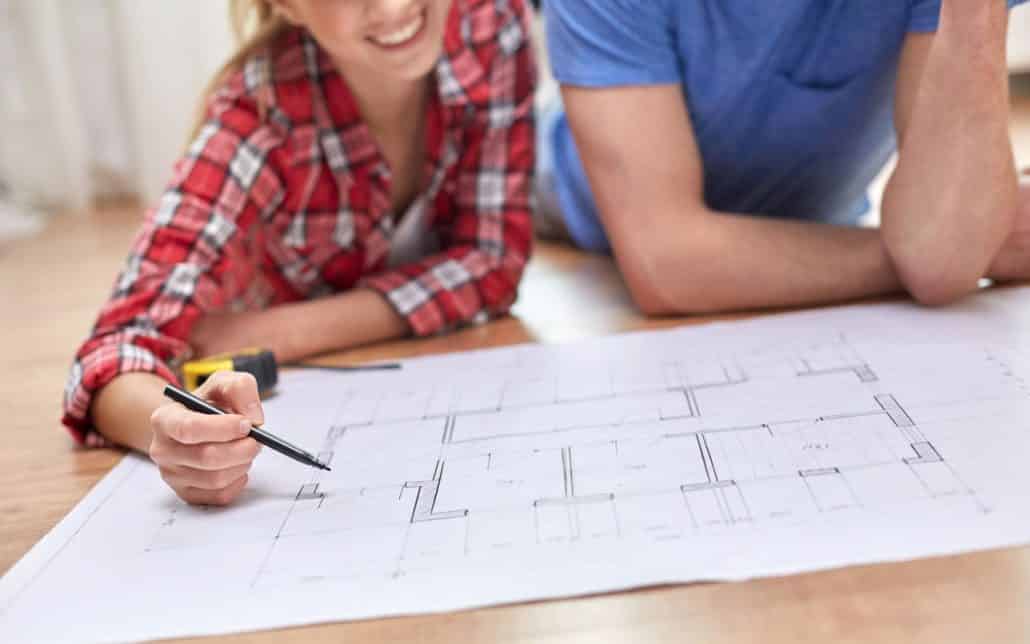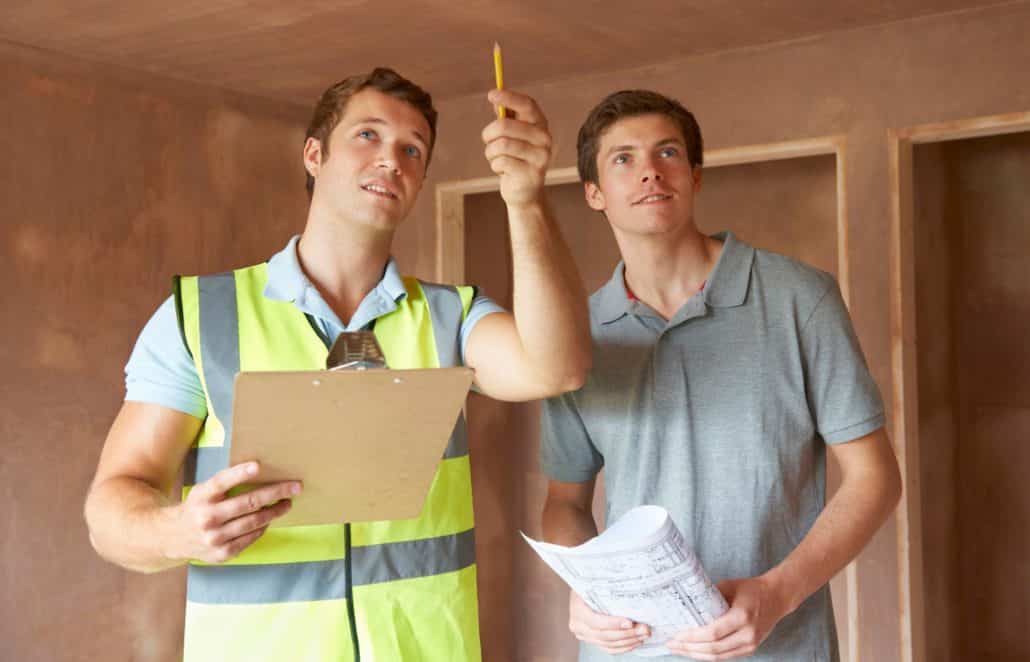5 Tips for Buying a Fixer Upper House
You have probably watched some home renovation shows, such as “Good Bones,” “Flip or Flop,” “Fixer Upper,” and “Rehab Addict.” These TV shows are about fixing up damaged, old fixer-uppers and transforming them into beautiful homes for a living. After watching a lot of these series, you might be tempted into buying a fixer-upper house.
Be careful. In real life, turning a ruined or old residential property into a dream home is a complicated process filled with headaches. While some imperfections like dated fixtures, peeling paint, and worn carpets are easily correctable, there will be complex and costly repairs to deal with.
That’s why you should have a good idea of what the repairs involve and estimate repair costs before setting out to do a remodel. As always, the goal is to get a high return on investment.
Here are the critical considerations to bear in mind when purchasing a fixer-upper.
1. Look for a Good Location
Location is the first thing to take into consideration when buying a fixer-upper. While you will be able to change and adapt a home according to your own needs, you cannot move it.
Seek out a fixer-upper in a popular area or district that offers privacy from commercial structures and busy streets. Avoid homes situated next to schools or on busy intersections. Instead, look for a fixer-upper in an up-and-coming or desirable neighbourhood.
It is a good idea to check the surrounding houses. Try to find out how they’re maintained. Check if they are owner-occupied and well cared for. Drive around neighbourhoods in the vicinity of an upscale area. Watch for gentrified areas in the neighbourhood where renovators are working.
You can also ask real estate agents about the neighbourhood. Well-informed agents will also advise you on the safety, property development, community, as well as other factors that affect the resale value of a home.
2. Look for a Functional Layout

Ideally, the layout should be appealing to most homebuyers. For example, it is a 3-bedroom house with multiple baths and a large guest powder room preferably on the first floor. It’s desirable that the kitchens have two or more entrances. Dining rooms should not be the central point of your home.
3. Get an In-Depth Home Inspection
At Honest Renovations, we recommend you include inspection contingencies before completing the sale. While a home inspection is technically optional, it is always advisable to get one, especially for fixer-uppers. This is the best way to assess the safety and functionality of a property. Furthermore, home inspections come into play when making a purchase offer.
Hire a professional home inspector who will tell you what work should be done in order to bring the house up to code. A qualified inspector will advise you on the cost and feasibility of all the renovations, including structural changes. You should also consider hiring a general contractor before submitting your offer. A contractor will make estimates for any improvements and work required to turn your vision into reality.
There are so many things to inspect before purchasing a fixer-upper. In addition to the HVAC, plumbing, and electrical systems, you will need to inspect the exterior roof, gutters, and brick. Also, you will want to be sure the home is free of pests like carpenter ants, beetles, and termites.
The following are the most important types of inspections to get when buying a house:
- Home warranty
- Roof certifications
- Sewer line inspections
- Pest inspections
- Engineering reports
4. Identify Future Repairs and Structural Issues

Many fixer-uppers and old houses are in bad condition, so it’s critical to uncover hidden problems that need fixing. This will help you get a clear picture of how much the future repairs will cost. However, this can be tricky because some issues are invisible or difficult to identify. That’s why you should consider bringing in an experienced inspector to detect the problems that are not obvious. For instance, it could be water damage, outdated wiring, rotting plaster in kitchen cabinets, or pests.
Not all problems are equal. You should distinguish cosmetic problems from major structural issues that can make your home a dangerous place to live in. Cosmetic problems won’t make your fixer-upper fall apart, but you can add a lot of value to your home with the proper renovations.
Easy, less expensive cosmetic fixes include:
- Laying tile/carpet and refinishing floors
- Painting, stripping wallpaper or patching walls
- Adding trim or replacing baseboards
- Adding a deck
- Replacing subfloors in the bathroom
- Replacing doors
- Fixing broken windows
- Installing light fixtures and/or ceiling fans
- Installing air conditioners
- Painting or refacing kitchen cabinets
- Changing out light switches and receptacles
On the other hand, costly structural problems include:
- Shoring up foundations
- Replacing furnace
- Replacing HVAC system and sewer lines
- Installing central air conditioning
- Installing new windows
- Complete bathrooms and/or kitchen remodel
- Excavating basement
- Pouring concrete for sidewalks, steps, or driveways
- Building a garage
5. Estimate Repair Costs and Find the Right Price
While there are a lot of online tools that provide quick estimates of the home repair costs, you will need to hire a professional contractor if you are serious about making an offer on a house. They will give you a clear understanding of the accurate repair costs. It is particularly important for structural repairs.
In order to find the right price, you need to check the similar homes in the neighbourhood, especially recently sold fixer-uppers. Once you figure out the value of the home, you will need to subtract the hassle factor and repair costs. What you get is actually the market value of the house. It is very likely that you will have to go over budget, so be prepared. However, there are guidelines you can follow to save money during home renovations.
Final Words
Fixer-uppers are time-consuming, disruptive, and stressful, so it’s necessary to have a good financial plan before making an offer. This is because you can’t know in advance what is behind the walls when it comes to old houses.
Also, you’ll need to put a lot of time and effort into transforming a fixer-upper into your dream house. This can be a daunting challenge, but once all the work is finally done, you may end up earning a great return on your investment.





Leave a Reply
Want to join the discussion?Feel free to contribute!